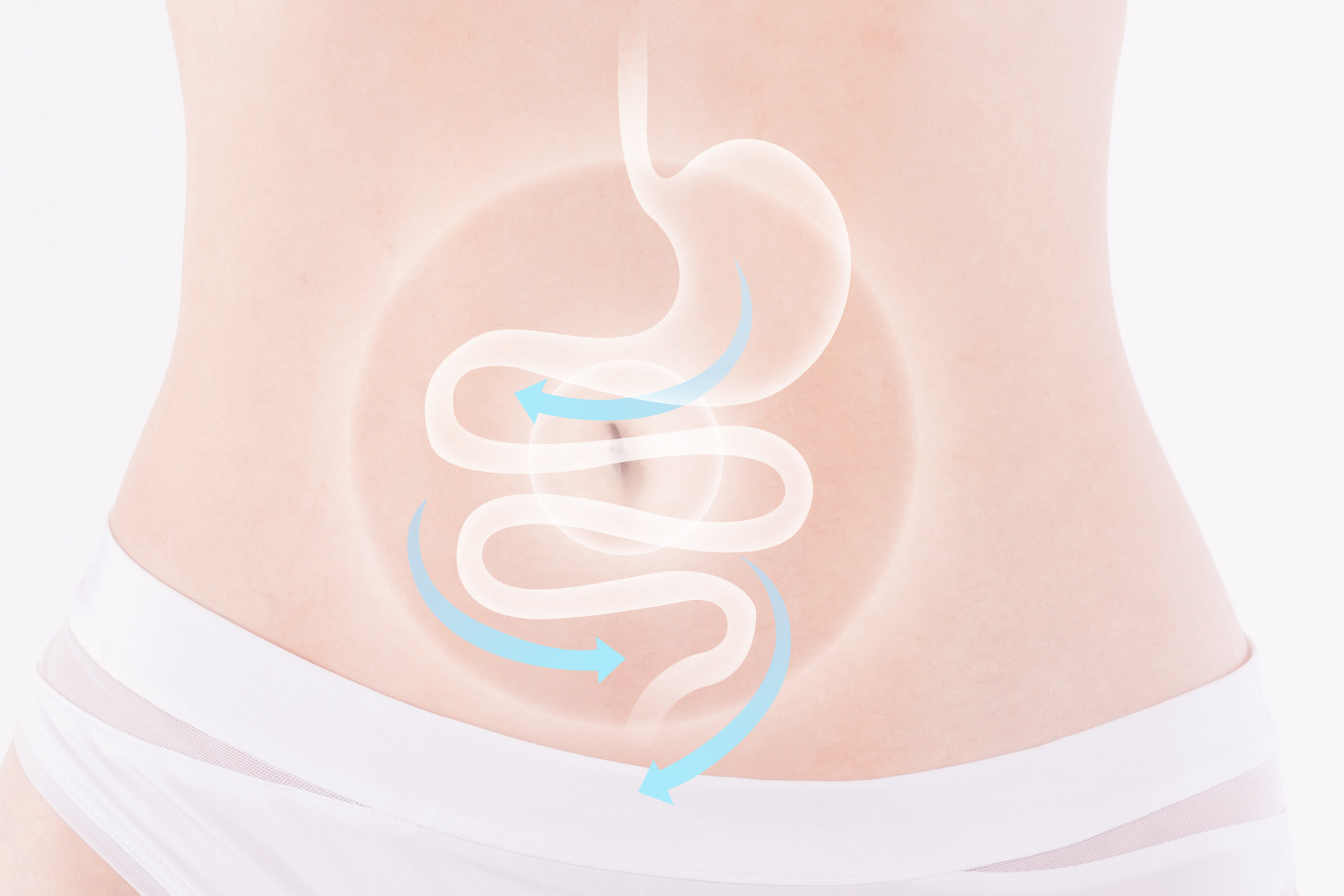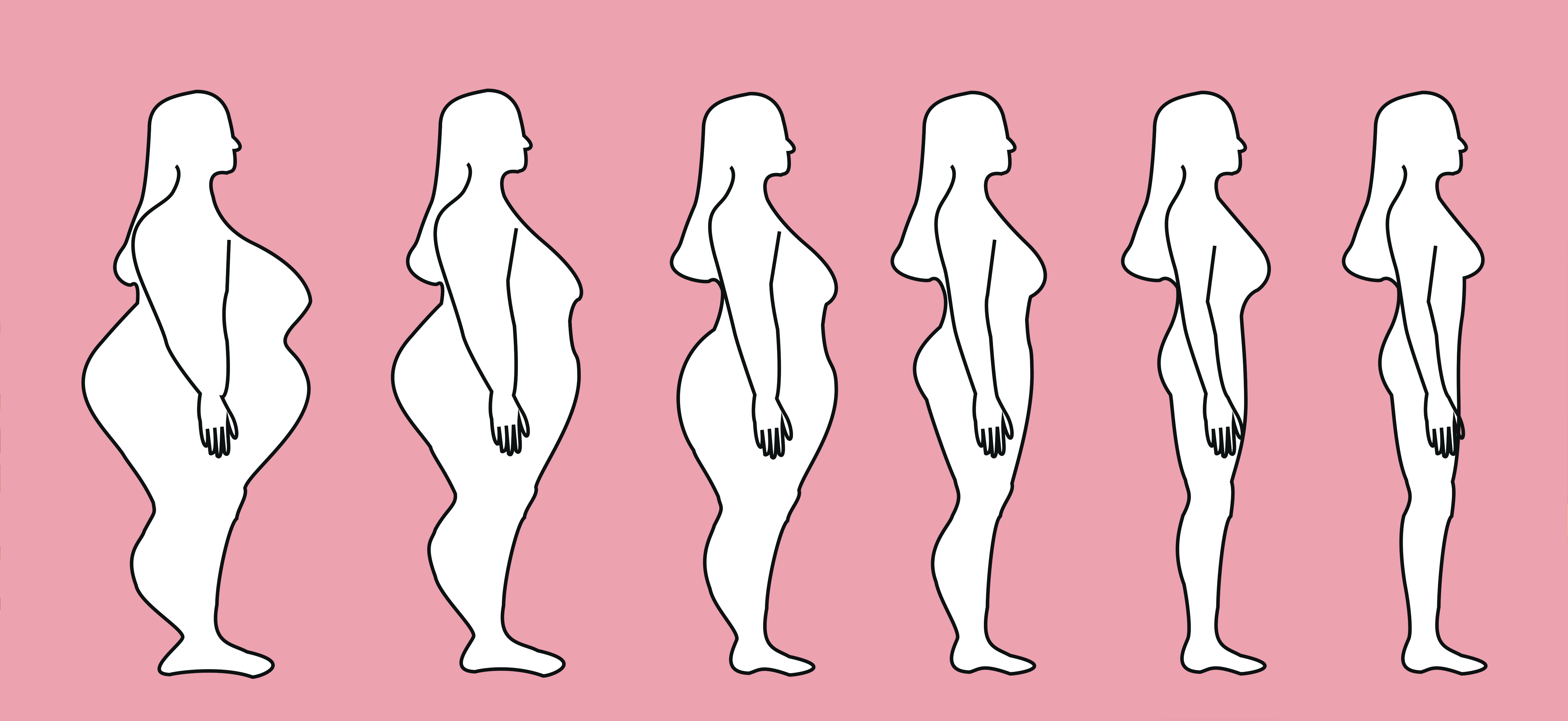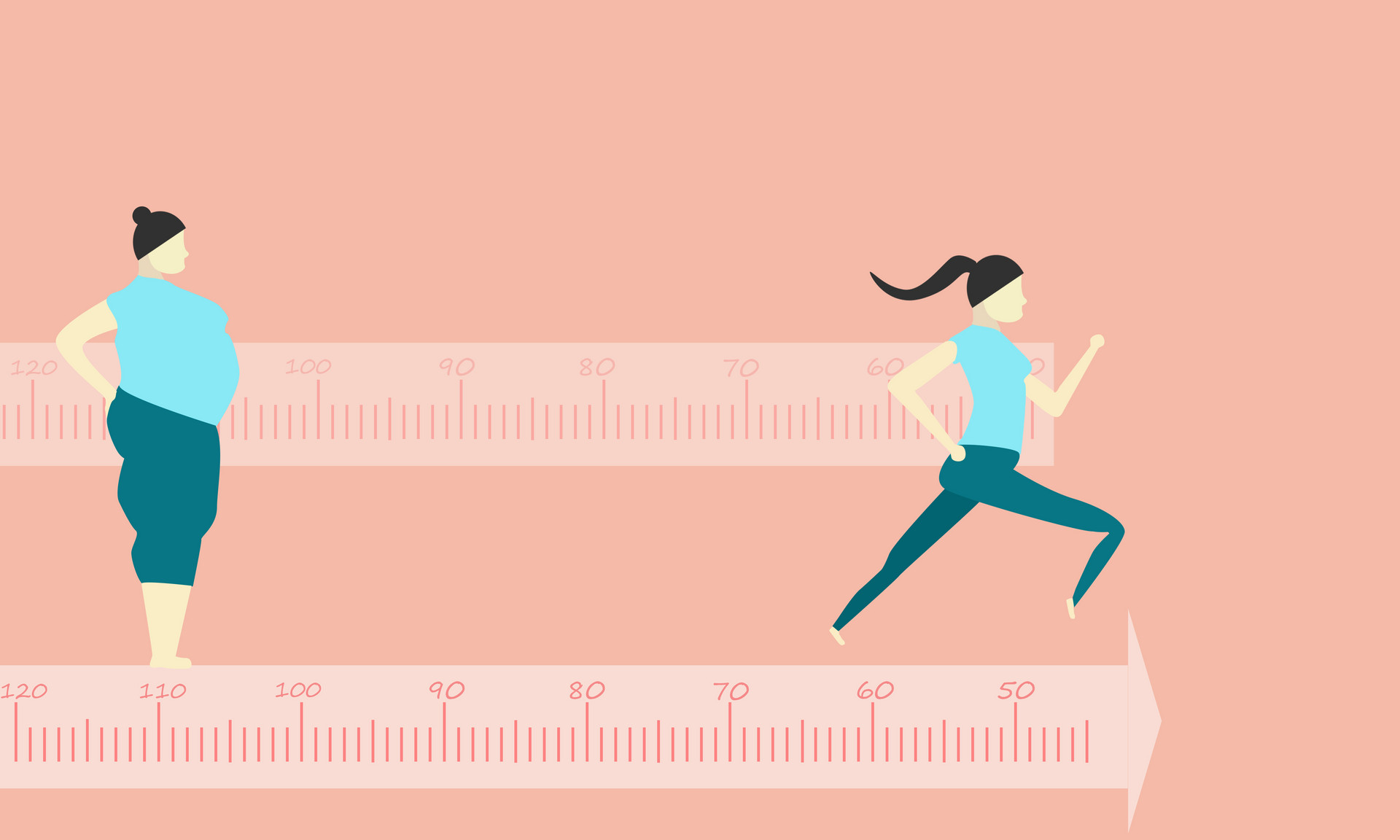Fasting, also known as "avoiding grains" or "abstaining from grains", is a unique method of cultivation in Daoism. It involves not eating grains and meat, but it does not mean not eating anything at all or fasting completely without eating or drinking anything.
Fasting is different from general dieting. It usually involves abstaining from food for more than seven days, accompanied by other cultivation methods. Fasting originated in the Pre-Qin period, approximately around the same time as the practice of qigong. In the Spring and Autumn period, a man named Dan Bao, from one of the states, secluded himself in deep mountains, drinking stream water, "not wearing silk or hemp, not eating grains", and at the age of seventy, he still had the appearance of a young boy. This is the earliest recorded practitioner of fasting in historical records.
"The Book of Abstaining from Grains and Nourishing Qi" is a famous book on qigong and fasting, specifically studying the combination of nourishing qi and fasting. It was probably written during the Warring States period. This book is a silk book unearthed from the Western Han Dynasty tomb of Mawangdui No. 3 in Changsha, and the name was given after its excavation. The book states: "Those who want to avoid grains should eat stone mugwort. On the first day of the lunar month, eat quality food, and add one section each day, stopping after ten days. During the waning moon, return to quality food, following the progress and retreat of the moon. When the head feels heavy, the legs feel light, and the body is cherished, use the method of "exhaling and inhaling" to overcome it." This means that when starting fasting, one often experiences hunger symptoms such as feeling heavy-headed and weak-limbed, and these symptoms can be overcome by using the method of "exhaling and inhaling" to nourish the qi.
After the establishment of Daoism, this practice was inherited. Many talented individuals emerged as practitioners of fasting. The methods of fasting have been widely known and documented in various books. They can be divided into two categories: qi-nourishing fasting and medicine-nourishing fasting. Qi-nourishing fasting involves combining qi cultivation with fasting, with qi cultivation as the foundation to achieve the goal of fasting. Qi cultivation refers to a method of nourishing health and cultivation mainly through breathing exercises, supplemented by guidance and massage. Medicine-nourishing fasting involves using medicinal food to replace grain consumption.
In modern Daoism, there have been many developments in the theories and practices of fasting, inheriting the methods passed down by the predecessors. Research has found that moderate hunger can impact the autonomic nervous system, endocrine system, and immune system, and then adjust the physiological stability function of the body, improving the body's ability to withstand physiological burdens and improving various physical and mental illnesses.
Fasting is also a good method for maintaining beauty. It fundamentally solves the problem of energy absorption, allowing not only overweight people to lose weight, but also thin people to gain weight. It improves the skin's luster and has a dual regulatory effect. From the perspective of qigong health and cultivation, regular and irregular fasting can keep cells in a state of hunger and absorption, allowing for the exchange of energy and substances between the body and the external environment, and gaining the true energy (spiritual energy) of nature. At the same time, it makes it easier for people to relax and enter a state of tranquility, allowing for the development of the brain's potential, enlightenment, and wisdom, serving as a shortcut to spiritual cultivation. It can also lower body temperature, slow down the heartbeat, delay aging, and promote longevity.
The basic steps of fasting for weight loss therapy are as follows:
The first step is the reduced intake period, where one only drinks porridge, milk, and consumes vegetables and fruits. This period should last for 1-3 days.
The second step is the fasting period, where one only drinks mineral water or purified water, with a daily intake of at least 3000CC. It is recommended to drink in small cups multiple times and take some deworming and detoxifying medications if necessary. The duration of this stage varies from person to person.
The third step is the refeeding period, where one starts with rice soup and gradually advances to congee to restore gastrointestinal function. After about 1-2 days, one can further eat easily digestible food, gradually increasing the amount.












